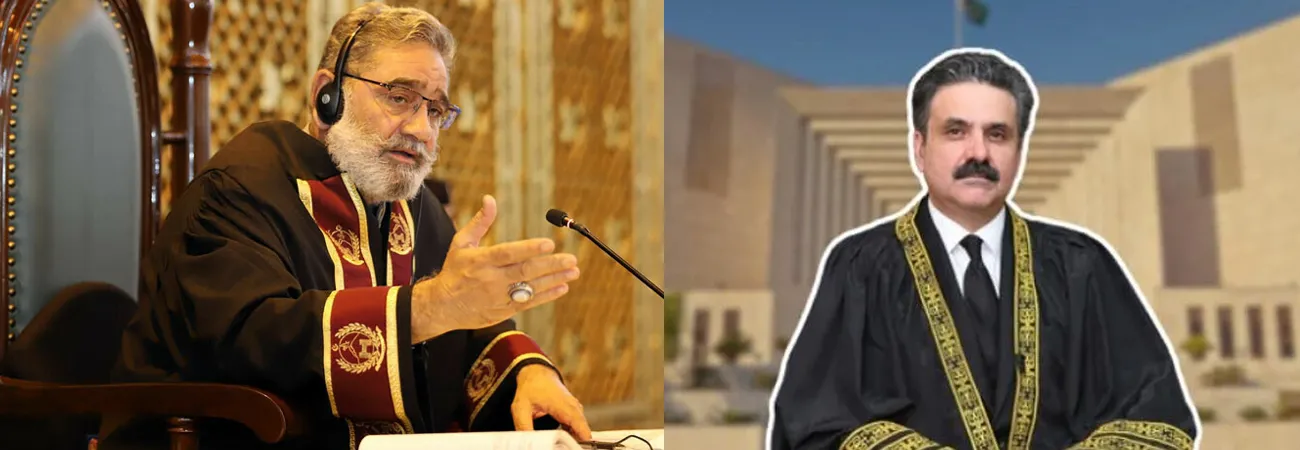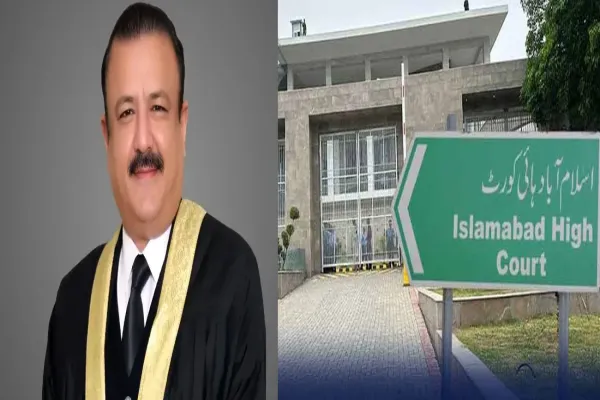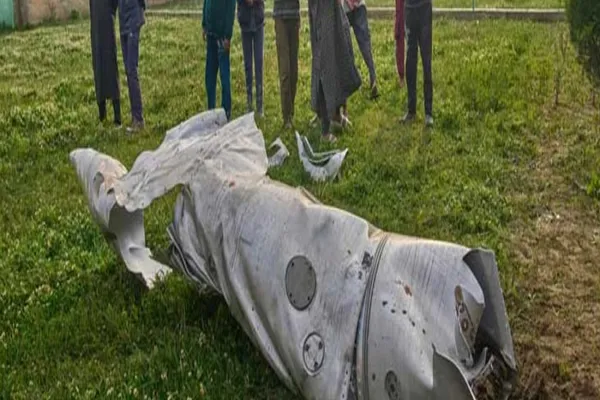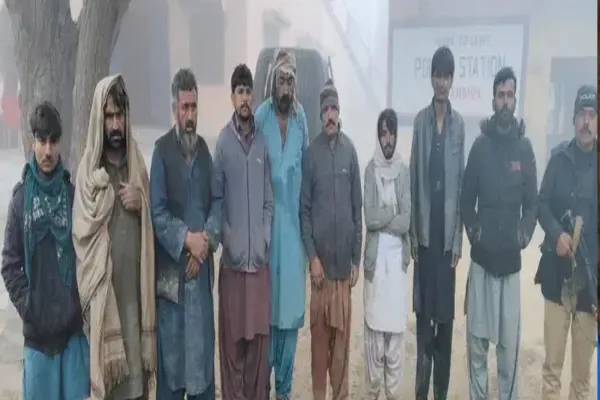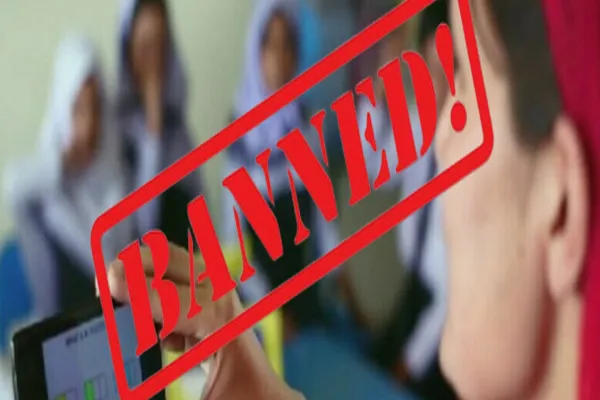i NEWS PAKISTAN
Khyber Pakhtunkhwa (KP) Assembly Speaker Babar Salim Swati has written a letter to Chief Justice of Pakistan (CJP) Justice Yahya Afridi in which he has said that the Peshawar High Court (PHC) Chief Justice (CJ) orders to the provincial governor to administer the oath to the MPAs on reserved seats are a violation of the constitution. In his four-page letter, he has said that the CJ by giving such orders had exceeded his powers.
He has said that under the constitution, the three pillars of the state namely the executive, the judiciary and the legislature have to work within their domains. “The powers of the judiciary and the legislature are clearly laid down in the constitution of Pakistan’s articles 130 and 255. “It is the speaker who has to administer the oath to the MPAs,” the speaker has said, adding, “No chief justice of any high court has the power to nominate any other individual for the purpose.”
He has said that Article 255 (II) is invoked under special circumstances. “I had adjourned the assembly’s session since the quorum was incomplete. The adjournment of the session was a constitutional act,” Swati has said, adding that by no means it could be construed as a refusal to perform the constitutional obligation. He has gone on to say that the PHC CJ, by going beyond his powers, nominated the governor to administer the oath to the MPAs on reserved seats.
“This is not only the breach of the constitution but is also a threat to the independence of the legislature.” The speaker has opined that such acts disturb the balance of powers between the three organs of the state. He has argued that the chief justice wielded such powers which were not granted to him under the constitution. Swati has also pointed out that the CJ did not allow him to give his point of view on the matter.
“The chief justice has also interfered in the affairs of the provincial assembly,” the speaker has said, adding that the constitution declares the CJP as the last arbitrator. The speaker has requested the CJP to take notice of this transgression so that the sanctity of the judiciary could be preserved.
Credit: Independent News Pakistan (INP)



